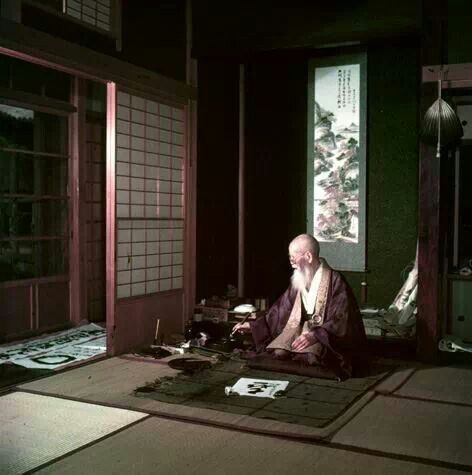
A Feeling of Separation
Imagine a drawing of a circle that represents the world and everything in it. And then there is a little dot over here that represents you. So, we have the world, everything in it, all the people we know, all the people we don’t know, God, the universe and then there’s “little me” over here, separate from all those things. This happens when we think phrases like: “Nobody gets me,” “I’m all alone,” “I’m all out of love, I’m so lost without you, etc.” I know you’re a unique snowflake and everything; you’re all one of a kind and you’re special to your mom… but are we really so different from everything else?
Let’s take that step back, 10,000 miles away from the earth. You probably look a lot like the rest of us and we’re not so different after all. Maybe you’re not so separate from the world and everything. Maybe you have some things in common with the people who your country is bombing. Maybe you look very similar to the people who’s religion you look down on, philosophies you argue with, or places you send your trash to get it out of your sight.
The feeling of being separate from things will keep us in survival mode because it feels like it’s “me against the world,” which was a Tupac song from the 90s. The stance of separation has us thinking that things are more different than they really are; like somehow I’m in struggle with everyone and everything else because I’m not like them. But if I saw us all in as one big family and connected, sharing the same home, and I’m happy to be here on this journey, we seek to find common ground. We instead say things like “I like what you’ve got to say” and “you’re not going to hurt me because we’re the same”…it leads to different outcomes than seeing the world through separation. Is it true? I don’t know, but it may be a strategy to happiness more often.
Connectedness is a much better feeling. I’m much more confident and able to share gifts I have when I feel connected—versus feeling like, “they don’t want to hear a thing I’ve got to say. I can’t relate to any of them. Most of them are Buddhists or Muslims or Christians and we can’t possibly have anything in common.” If we look for the similarities, instead of the differences, we just may find them.